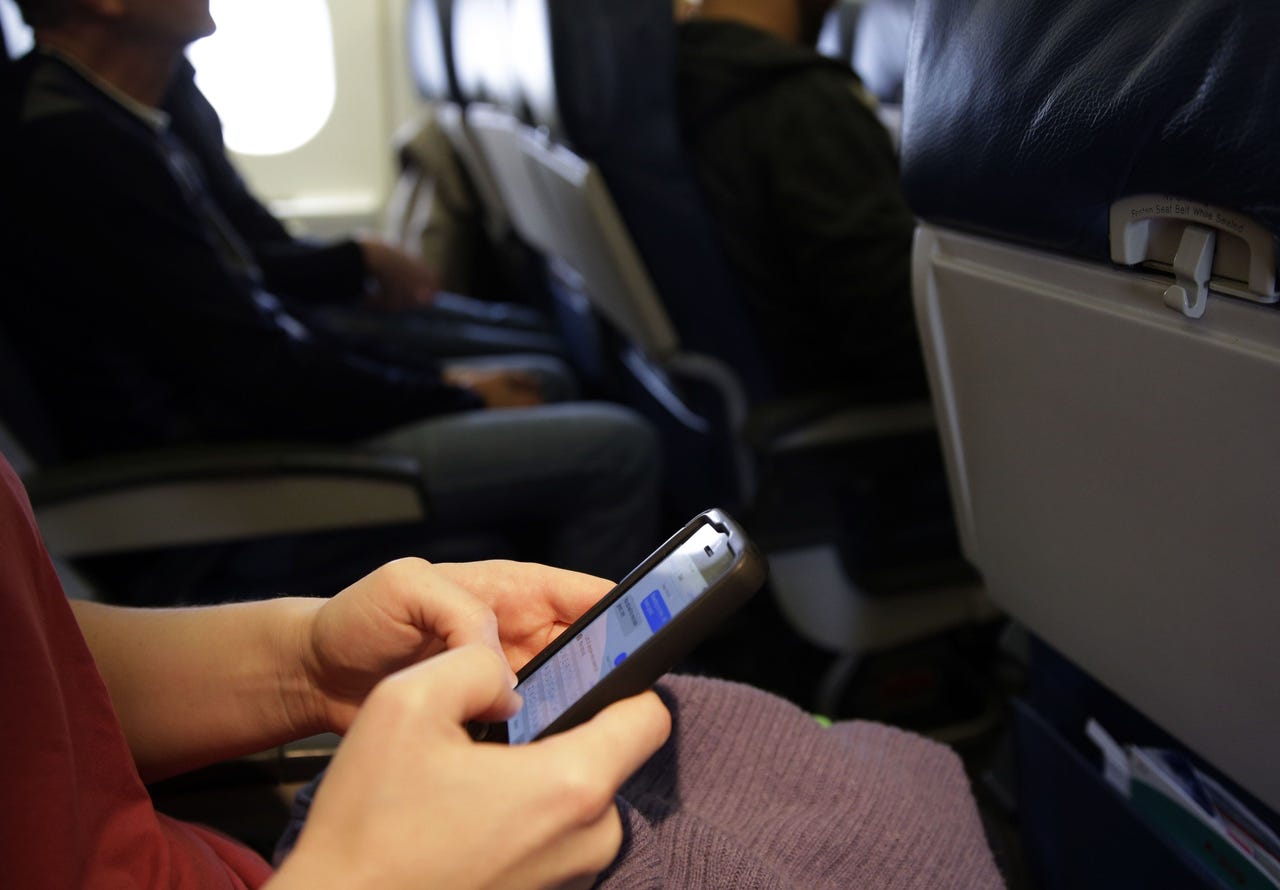Citing terror threat, US confirms electronics ban on some US-bound flights


(Image: file photo
NEW YORK -- US authorities are temporarily banning travelers from bringing most electronics in the cabin on flights traveling to the US from eight Middle East countries.
Homeland Security officials confirmed the news late on Monday, hours before the new enhanced security regulations began to roll out.
The new regulations will require passengers to pack any electronics larger than a phone, such as cameras, tablets and ebooks, portable DVD players, and laptops, into checked luggage.
Those regulations will take come into force early Friday morning.
The enhanced security regulations will only apply to passengers traveling on all US-bound airlines from 10 airports across eight countries in the Middle East and Africa, including Egypt, Jordan, Saudi Arabia, and the United Arab Emirates.
Among the affected carriers are Turkish Airlines, Qatar Airways, Emirates, and Kuwait Airways, all of which provide direct flights to the US from the named airports. Royal Jordanian Airlines was also named, which first alerted its passengers of the impending rule change on Monday. In a since-deleted tweet, the airline said it received the directive from "concerned US departments," later confirmed to the Homeland Security.
Around 50 flights per day from the selected airports will be affected by the new rules, impacting thousands of passengers.
UK authorities also announced a similar ban on laptops and other electronic devices on all UK-bound flights traveling directly from Turkey, Lebanon, Jordan, Egypt, Tunisia and Saudi Arabia.
A spokesperson for the UK Dept. of Transport said an announcement is expected later Tuesday.
Senior US administration officials speaking on background (reporters were not asked to publish names) on a call Monday did not reveal a specific threat, but said that ongoing "evaluated intelligence" pointed to terrorists "aggressively pursuing" ways to carry out attacks, such as smuggling explosive devices in consumer items.
Officials would not discuss the "security implications" of storing consumer electronics in the airplane's cargo rather than the cabin.
Many of the questions behind the electronics ban were not answered by officials. A spokesperson for Homeland Security did not respond to numerous questions sent following the call.
It remains unclear exactly for what reason these 10 airports were selected, beyond a vague inference that a threat exists. The selection process wasn't focused on any one location or country, said an official on the call, adding that the government was "addressing the threat and how it's perceived."
There have been numerous attacks involving airports in recent years.
Last year, a bomb at Brussels international airport killed 32 people and injured many more. Months later, a suicide bombing and mass shooting at Ataturk airport in Istanbul killed 45 people. And, a bomb on a Somali plane exploded mid-flight in February 2016, killing only the bomber.
Just this weekend, a man was shot and killed by French soldiers at a Paris airport after he tried to grab a soldier's gun.
But officials wouldn't budge on any further details. "As a matter of policy, we don't discuss matters of intelligence," said one official.
Another official confirmed that although US domestic travel and flights leaving the US aren't affected by the new regulations, that may change. The Transportation Security Administration (TSA), which screens air passengers prior to travel, would not rule out changes to pre-flight screening in US airports in the near future.
The rule change has already sparked criticism, even as the rules begin to filter down to airline staff at various airports across the Middle East.
"There would be a huge disadvantage to having everyone put their electronics in checked baggage," said Jeffrey Price, a professor at Metropolitan State University of Denver, according to sister site CBS News.
He added that some laptops "have batteries that can catch fire and it's easier to detect it when it's in the cabin rather than burning in the hold."
Price echoed similar concerns made on the call about lithium-ion batteries -- which come as standard with most electronics nowadays -- that electronics stored in the cargo could pose a risk to plane safety.
The Federal Aviation Administration (FAA) warned last year of the "potential risk of a catastrophic aircraft loss due to damage resulting from a lithium battery fire or explosion."
Homeland Security officials confirmed that the measures will be in effect "indefinitely," but added that the threats will be continually reassessed.